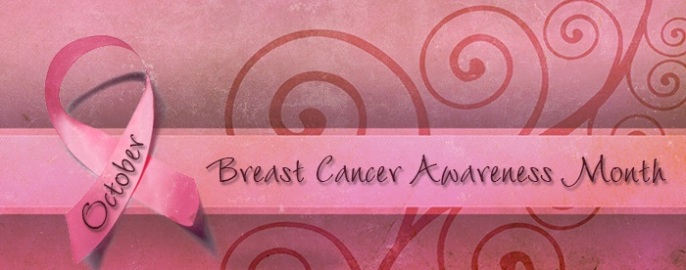This is the month to schedule your mammogram or yearly visit to your gynecologist if you haven’t done so already. It’s also a good time to remember to do your breast self-exam and to educate yourself about the leading cancer affecting women in the United States.
And remember, one in a hundred cases of breast cancer in the US occurs in men.
Over the past few months, we have been following Diane’s Story—one woman’s journey with breast cancer.
In Part 1–Chemotherapy, we entered her story as she was undergoing pre-operative chemotherapy for invasive lobular cancer (ILC) and lobular carcinoma in situ (LCIS) of the right breast, a relatively uncommon form of the disease. That post discusses breast cancer statistics, as well as the details of Diane’s chemotherapy protocol and its effects.
In Part 2–Diagnosis, we reviewed why Diane experienced an eight-month gap between first feeling her breast lump in August 2015 and being diagnosed with cancer in April 2016. Readers will find very important information and advice in this cautionary tale—particularly about breast self-exam, biopsy, and imaging techniques, as well as about family history, lifestyle, and genetic testing. The post also discusses Diane’s second-opinion consultation with a University of Pennsylvania oncologist.
In Part 3–Surgery, we will read about Diane’s process of getting two second surgical opinions at major Philadelphia-area cancer centers as she was completing chemotherapy, as well as her discussions with her local doctors. These visits were instrumental in helping her decide where to have her surgery and what procedure was best for her. Diane has recently undergone bilateral mastectomy with reconstruction and is recuperating at home now. That story is coming soon.
Please also read Breast Cancer Risk Factors and see Breast Cancer Resources for further educational and support links.
Note that all posts are interactive—highlighted/underscored text, images, and media contain links to external resources for further education, empowerment, and encouragement. The stories, information, and resources on this site are intended to supplement—not replace—the advice of your clinical team.




